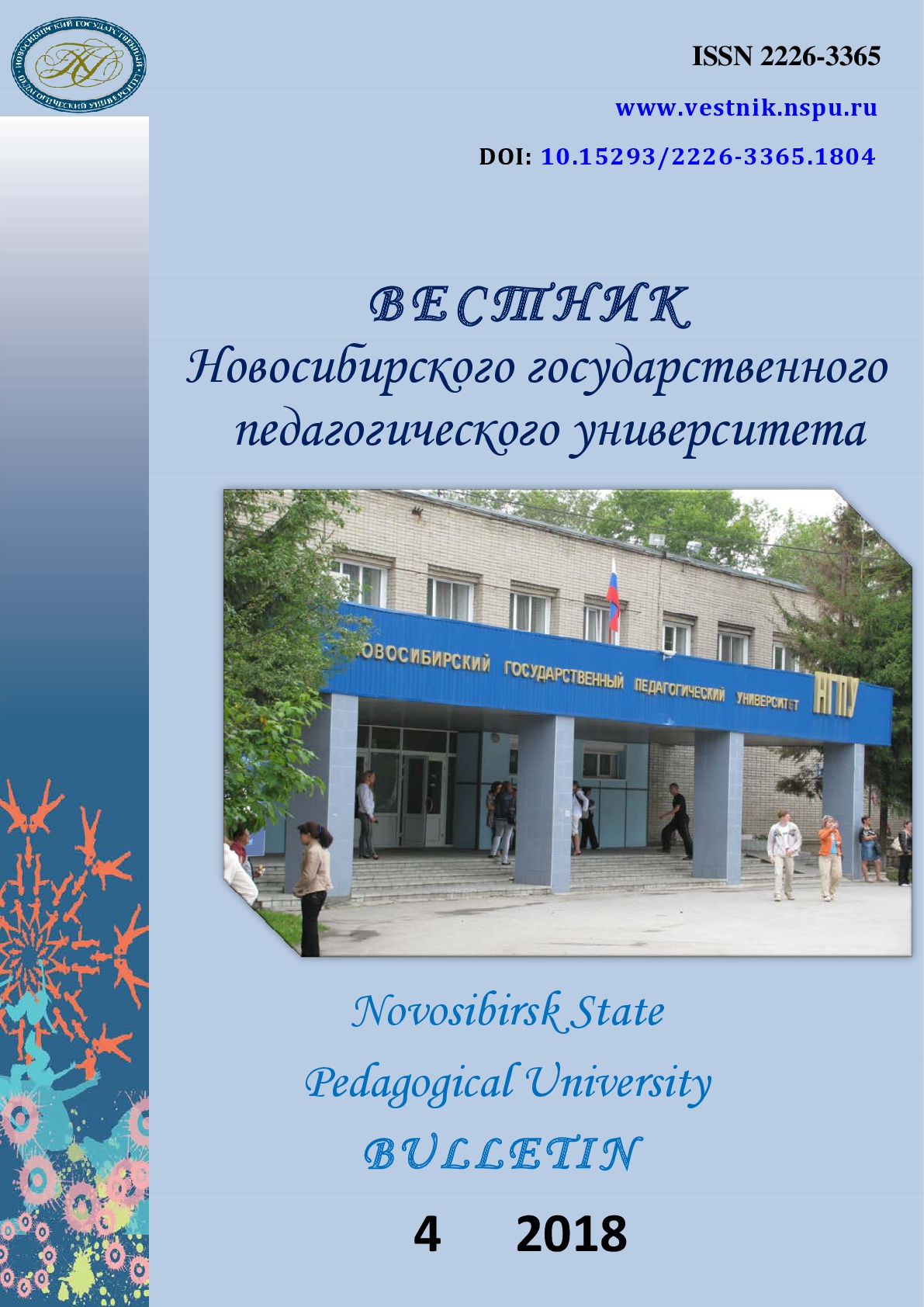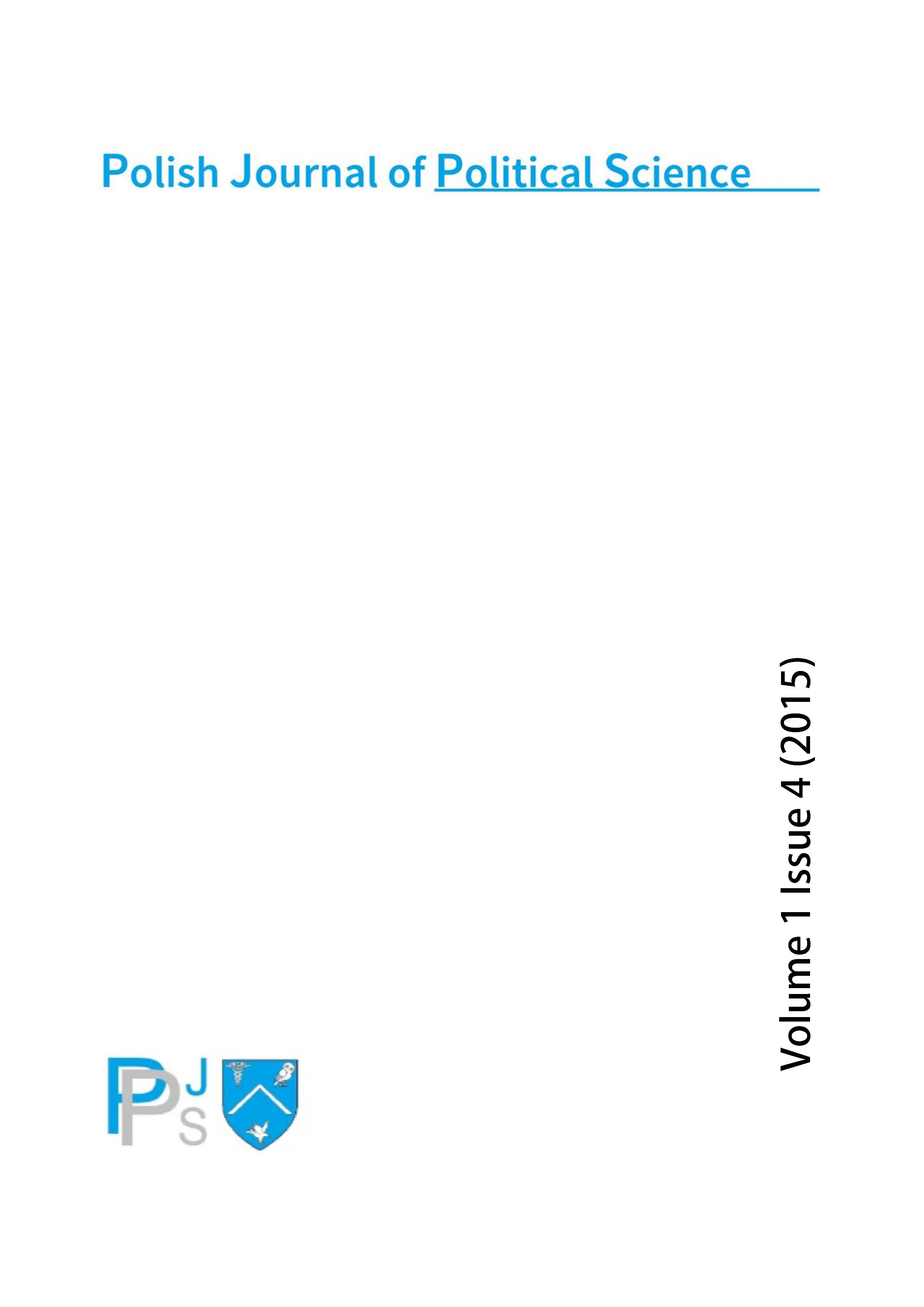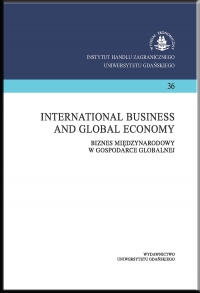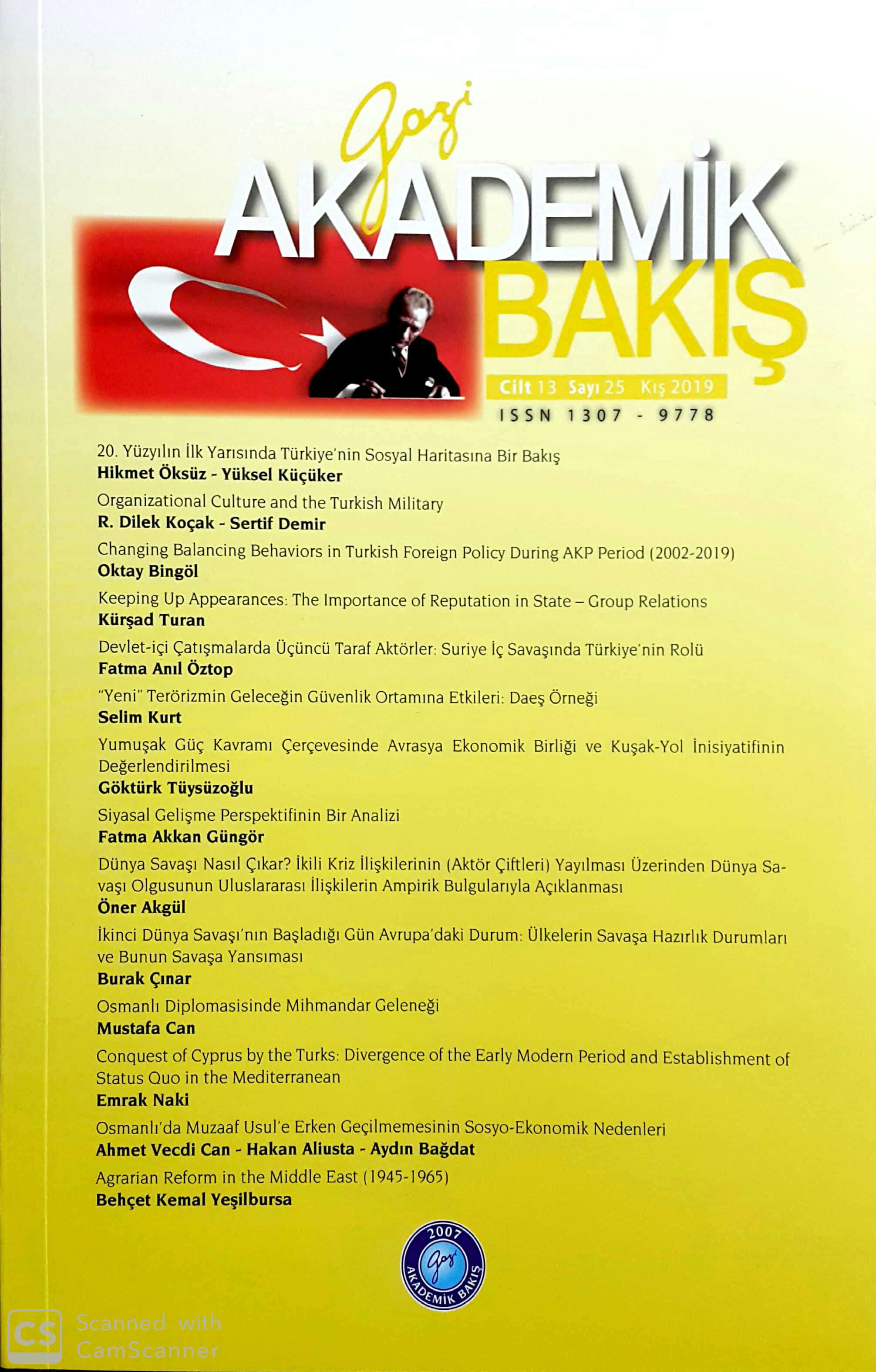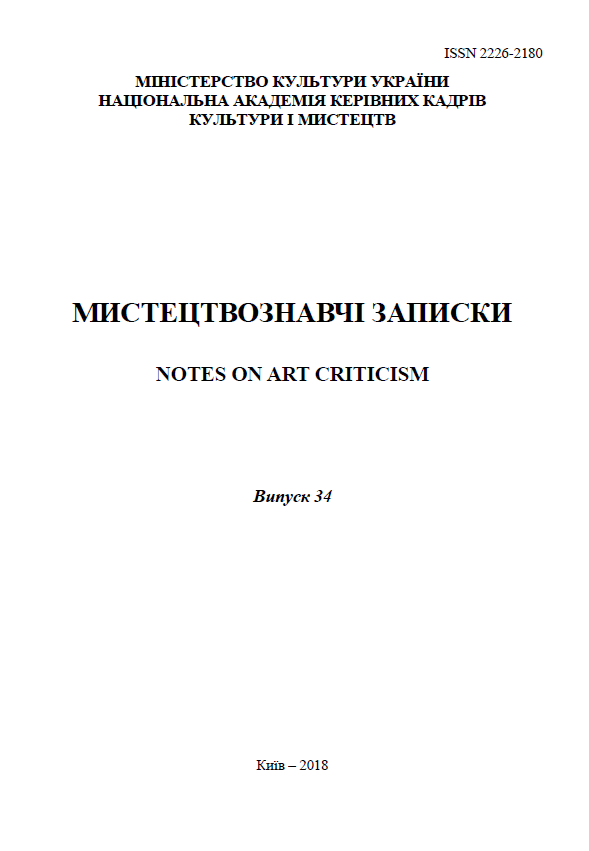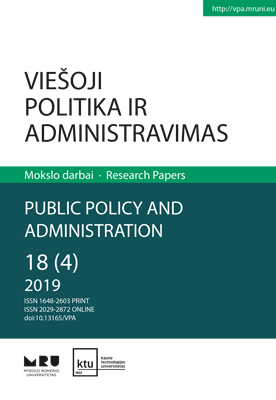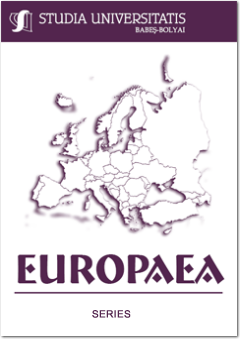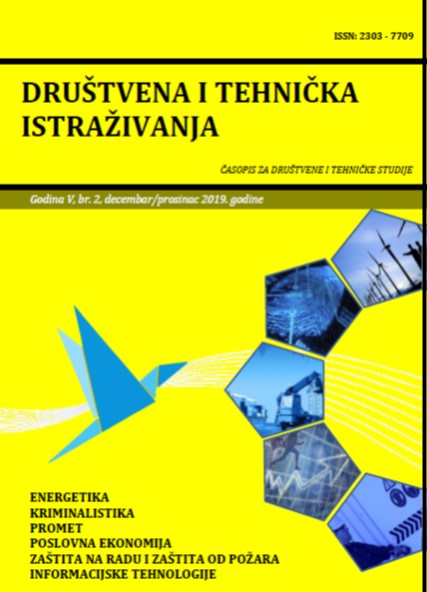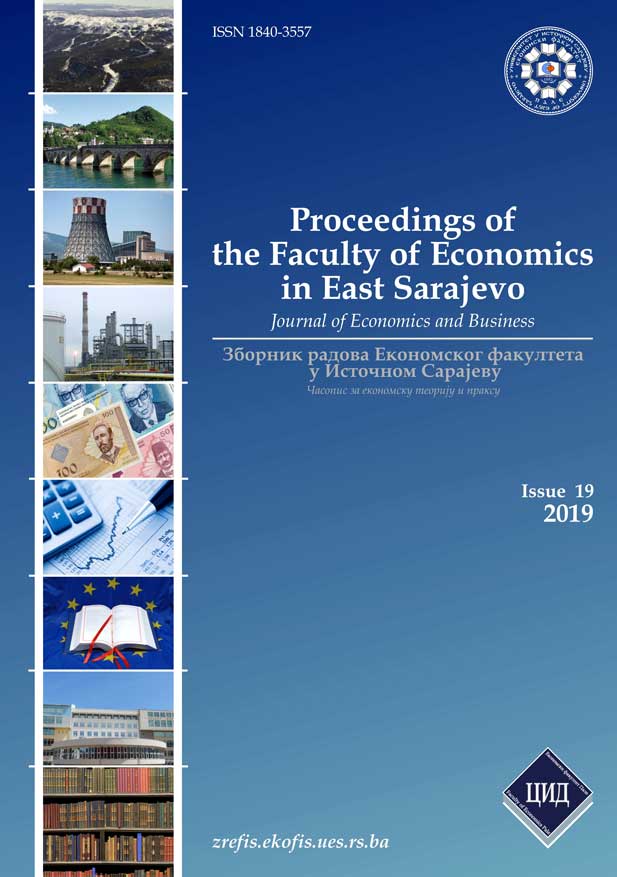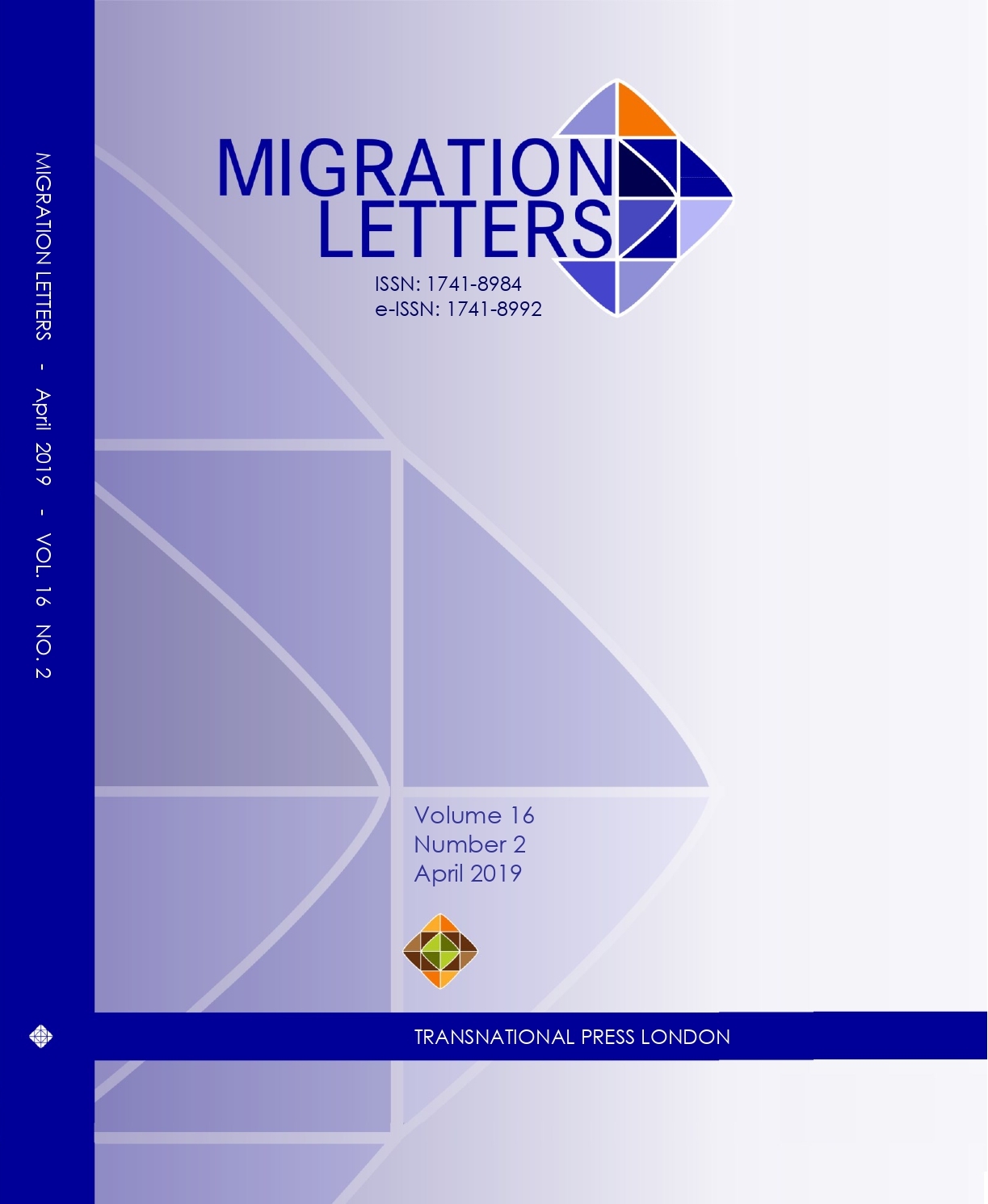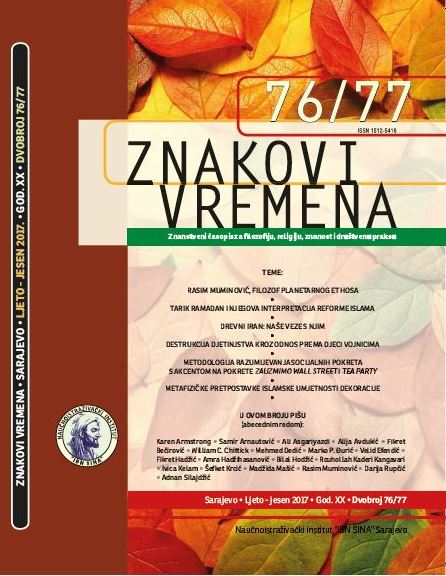
Islamska ekonomija kroz prizmu političke ekonomije
The aim of this paper is to analyse the fundamental principles of Islamic economics and finance in the context of the principles of political economy. The objective is to identify the concept and the framework of Islamic political economy and test whether Islamic economics actually is political economy. In the last twenty years many authors have tried to identify impacts of Islamic financial institutions on economic and social development of countries. However, the literature in the field of Islamic economics has not given the unanimous position on Islamic political economy. Starting at the point of ontological and epistemological aspects of Islamic economics, this paper analyses only the principles of political economy comparing and discussing them in the context of the Islamic attitude towards economics. The outcomes of this research confirm high levels of correlation between Islamic economics and political economy which further confirm that Islamic economics is also political economy and not only economics. This implies that Islamic economics, in both substance and form, is morally economic; thereby systematically integrating a state and the markets within it into its considerations. Consequently, this research identifies Islamic political economy as a moral aspect of political economy.
More...
